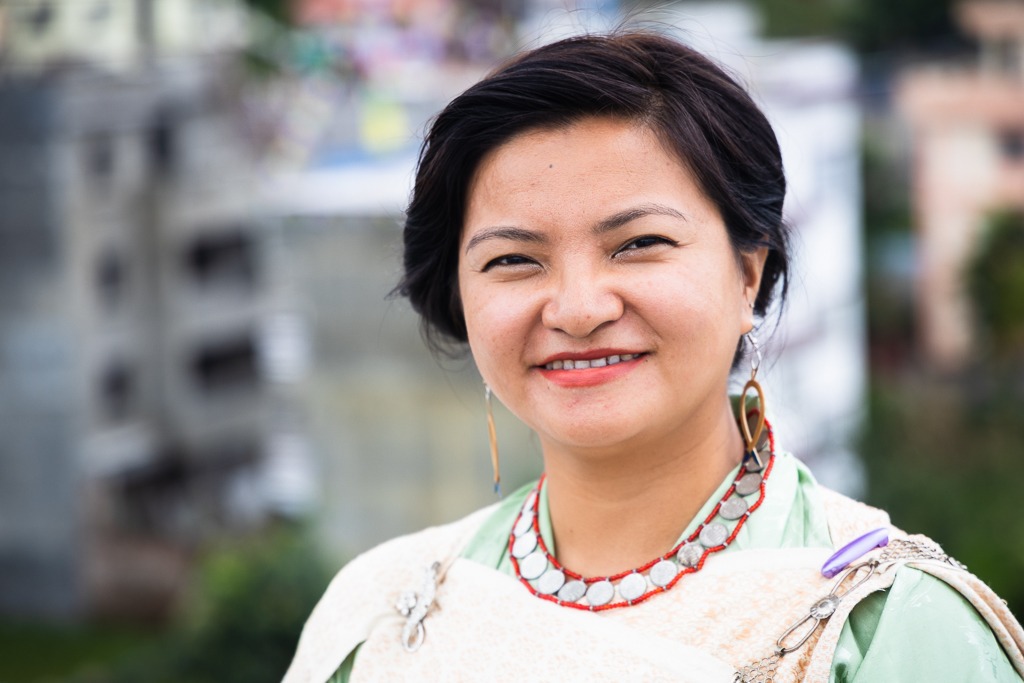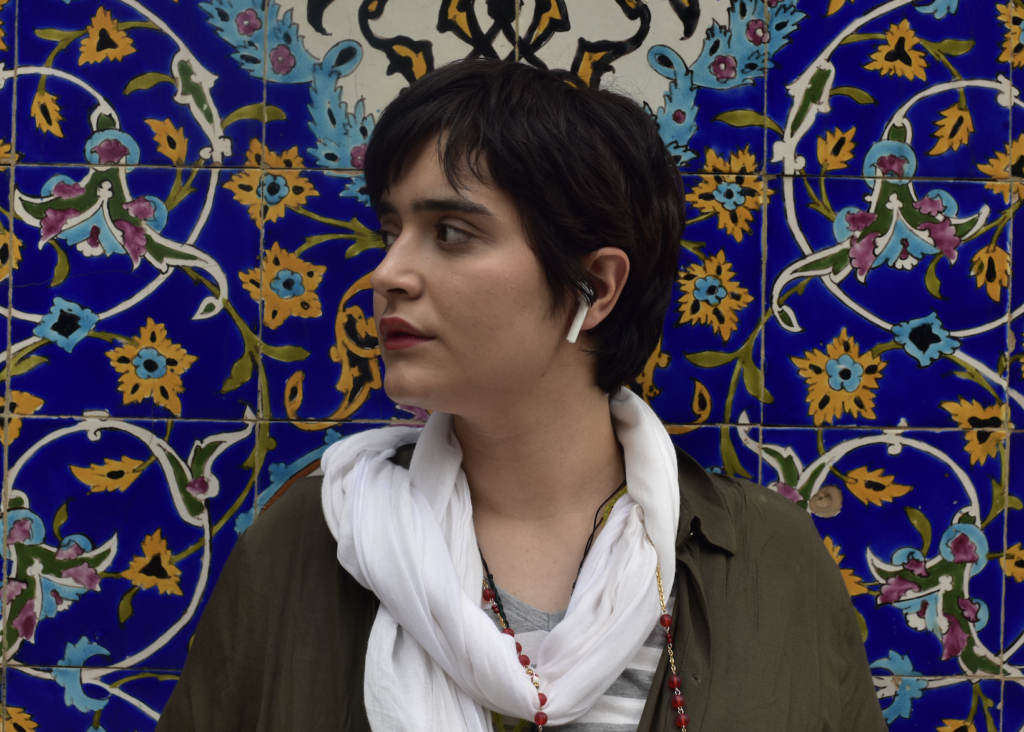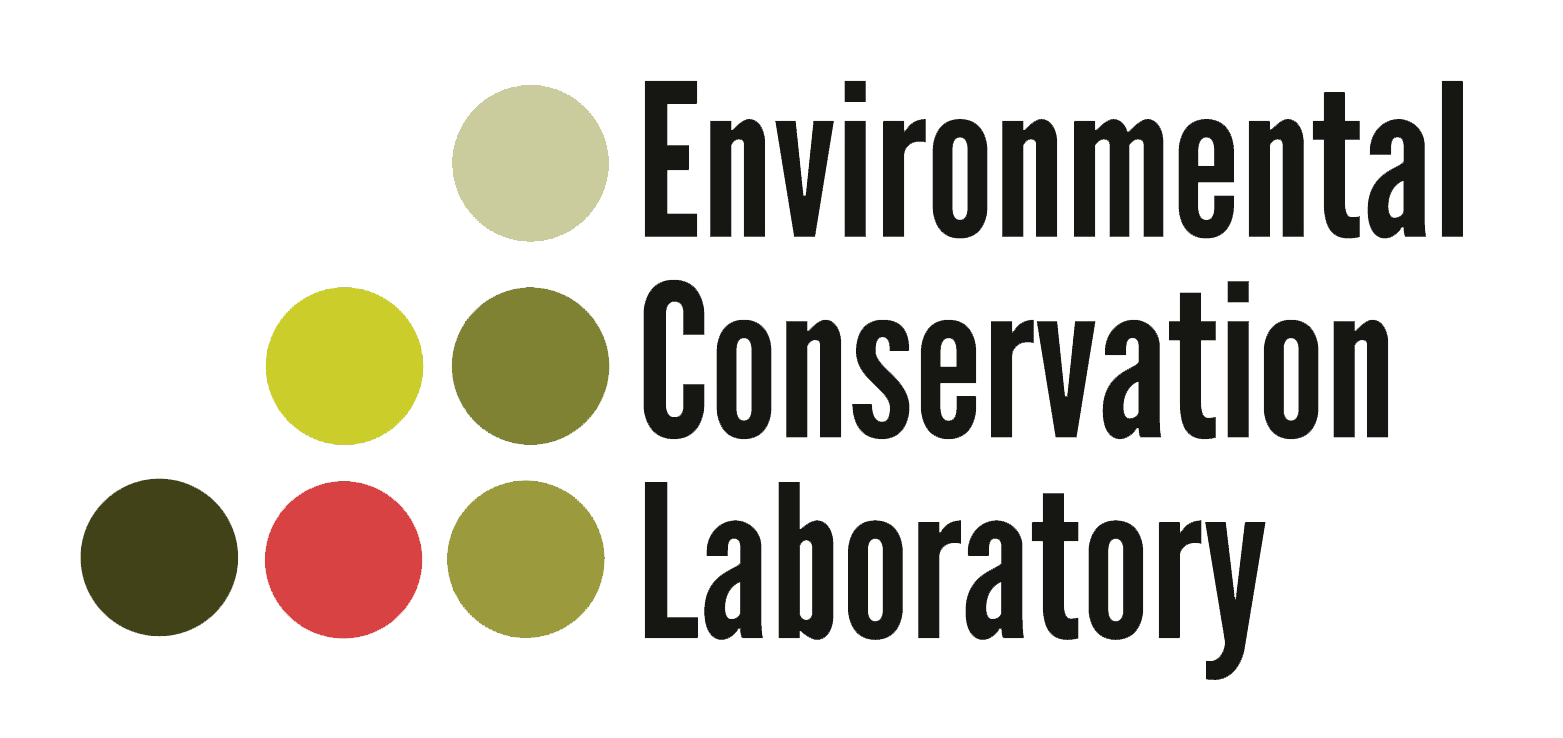Student Profiles
Minket Lepcha, Storyteller, Film Maker & Researcher

Minket Lepcha is an Indigenous Lepcha woman from a Himalayan region of Darjeeling, India. She has been engaged in documenting and storytelling based on folklore of Darjeeling and Sikkim for the last decade. Minket was awarded the Young Green Filmmaker award in 2016 at the Woodpecker International Film Festival for her film, Voices of Teesta. Having always been inspired by Lepcha folklore and believing that the ecological wisdom is hidden in these stories, she conducts workshops based on the Lepcha folklore in the Global South. Also, Minket and her team curated an online exhibition, where 30 young girls from Northeast India collected their river folklore with the Living Water Museum. This exhibition was titled ‘Visualising Water Heritage of Northeast India through Storytelling.’
Learn more about Minket Lepcha
Currently, Minket is a first year PhD student in the Environment and Geography faculty at the University of Manitoba and is mentored by Dr. Steph McLachlan. Minket also works as a researcher at the ECL. Her research focuses on water issues, such as hydro impacted communities, Indigenous ontologies, and gender.
Hosna Banihabib, ECL Researcher

Hosna Banihabib, a master’s student, delves into the environmental and social impacts of hydroelectric dam projects on Indigenous communities in Northern Manitoba. Growing up with a deep connection to her Azari heritage, Hosna has always been fascinated by traditional healing mechanisms and plant-based medicines, which are integral to her cultural background. In Azari culture, traditional healing practices are deeply rooted in the use of natural remedies and holistic approaches to health. This includes the use of various herbs, plants, and natural resources that have been passed down through generations. Elders in Azari communities often possess extensive knowledge of these natural remedies, which are used to treat a wide range of ailments and promote overall well-being. Hosna’s journey began in Iran, where she earned a bachelor’s degree in urban engineering from the University of Tehran.
Learn more about Hosna Banihabib
Her passion for addressing complex environmental challenges led her to Canada, where she is now guided by Professor Stephane McLachlan in the Environmental Conservation Lab. Here, she collaborates on projects that integrate Indigenous knowledge systems and traditional land-based healing practices. Hosna’s perspective, rooted in her cultural background and personal experiences, enriches her work and aims to create a respectful and insightful understanding of the environmental challenges faced by Indigenous communities. Her Azari heritage and its emphasis on natural healing resonate deeply with the traditional knowledge she encounters in her research, allowing her to bridge cultural gaps and foster mutual understanding. Her future research will stand out for its community-based participatory approach, which places Indigenous voices at the heart of the process. Through her work, Hosna has formed meaningful connections with Indigenous healers, learning about their practices and the profound relationship they have with the environment.
